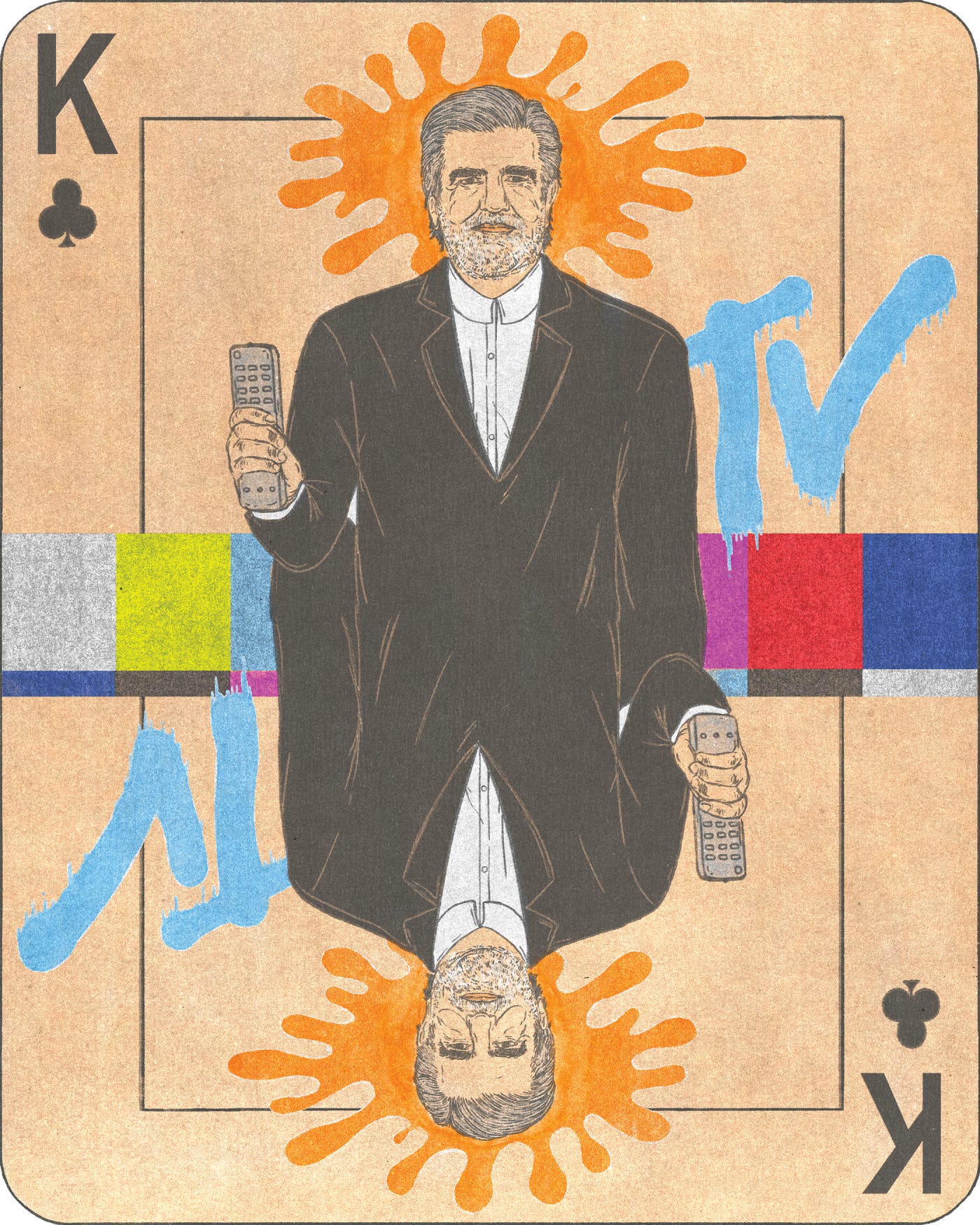Earn Your Luck: Inside Tom Freston’s Wild Ride From ‘I Want My MTV!’ to $3 Billion in Revenue
The CEO on the time he had to chaperone his boss Sumner Redstone to a sex club and why he immediately greenlighted ‘South Park’
IN THE EARLY DAYS of MTV, the receptionist sold cocaine and the office had one clothing rule: no frontal nudity. Such was the circus atmosphere of the place, according to Tom Freston, whose memoir, “Unplugged,” reveals how a team of die-hard believers turned music into television.
By 1969, he’d earned an M.B.A., but soon after nixed his banker-bro side part, quitting his job at Benton & Bowles advertising firm. Why? He says talking about mouthwash or toilet paper for hours with clients “didn’t turn me on.”
Instead, Freston hopscotched the globe for a decade, living in Southeast Asia as he launched a multimillion-dollar clothing business. Returning to the U.S. in 1979, he became part of the initial squad that launched MTV in August 1981 with a paltry 160 music videos.
Freston’s unusual and messianic marketing department got megastars like David Bowie and Mick Jagger to scream, “I Want My MTV!”—a campaign designed to strong-arm cable systems into carrying the fledgling station. Between seductive advertisements and must-see videos, Freston and his cohorts had made enough noise by 1985 that Viacom decided to purchase MTV Networks for $550 million (a deal that included Nickelodeon and VH1). Two years later, Sumner Redstone made a hostile bid for Viacom, buying the company for $3.4 billion.
Freston drove consistent double-digit growth for 17 years; by 2001 the company had reached $3 billion in revenue—the shiniest gem in the Viacom universe. Hiring misfits and creative oddballs, Freston and his team launched Comedy Central and stars including Bill Maher, Jon Stewart, Jimmy Kimmel, Stephen Colbert and John Oliver.
MTV is back in the headlines, with David Ellison’s Paramount looking to revive its legacy with younger listeners—a tough road, given that the median MTV audience is now 56 years old, according to Nielsen, and that the brand’s cachet faded in the post-Freston era with the rise of digital media. Here, the CEO who built the company into a juggernaut talks about how the unconventional network fought its way into the mainstream.



